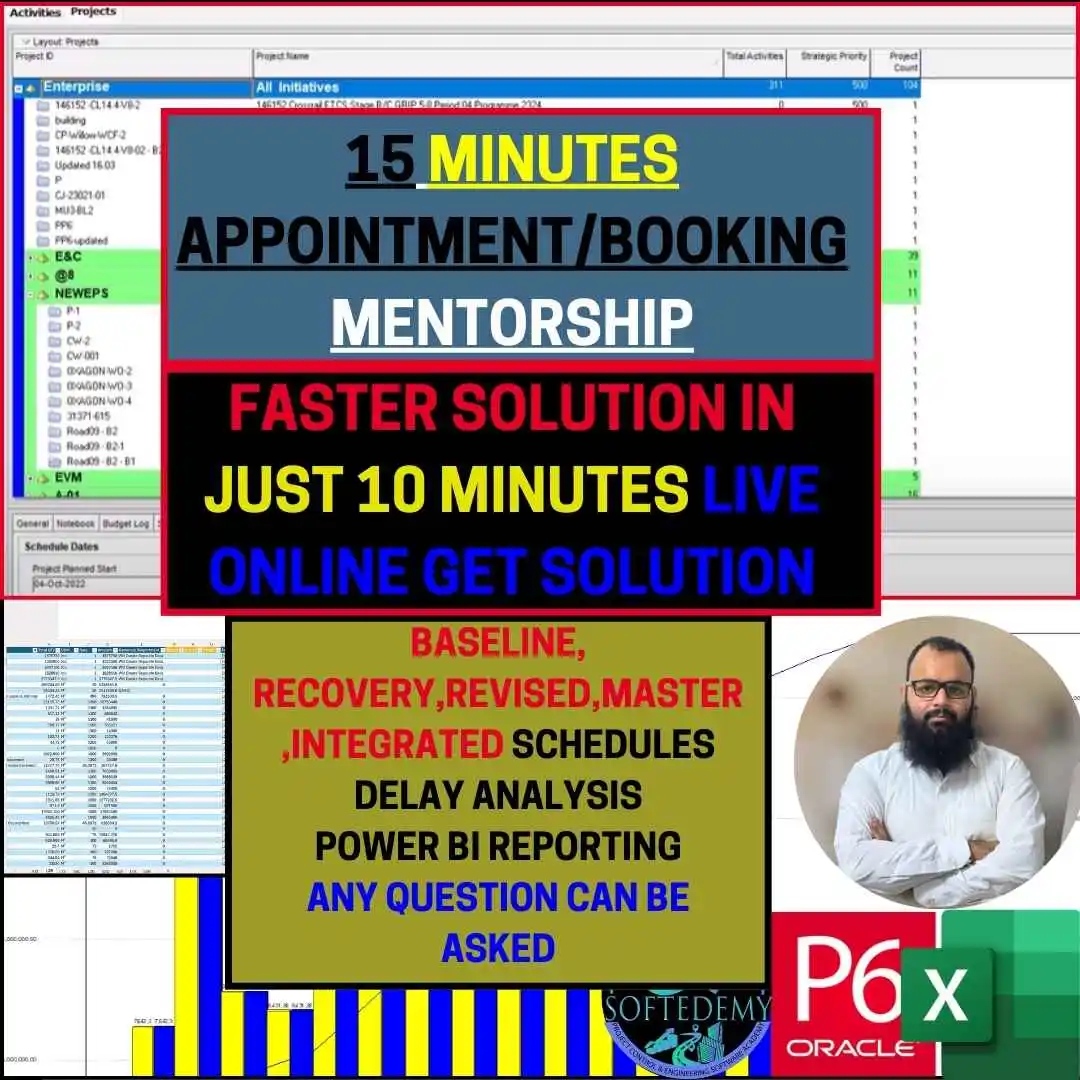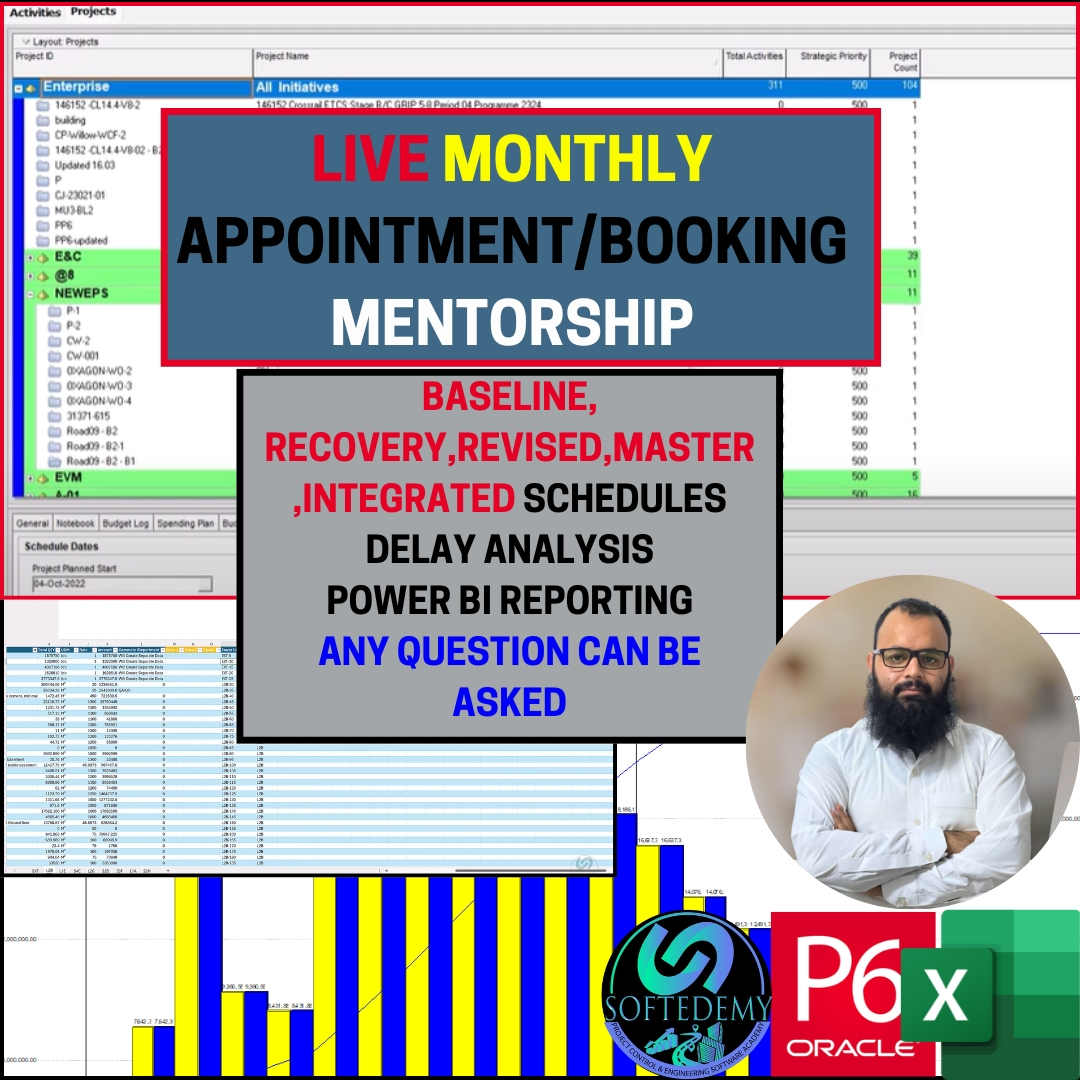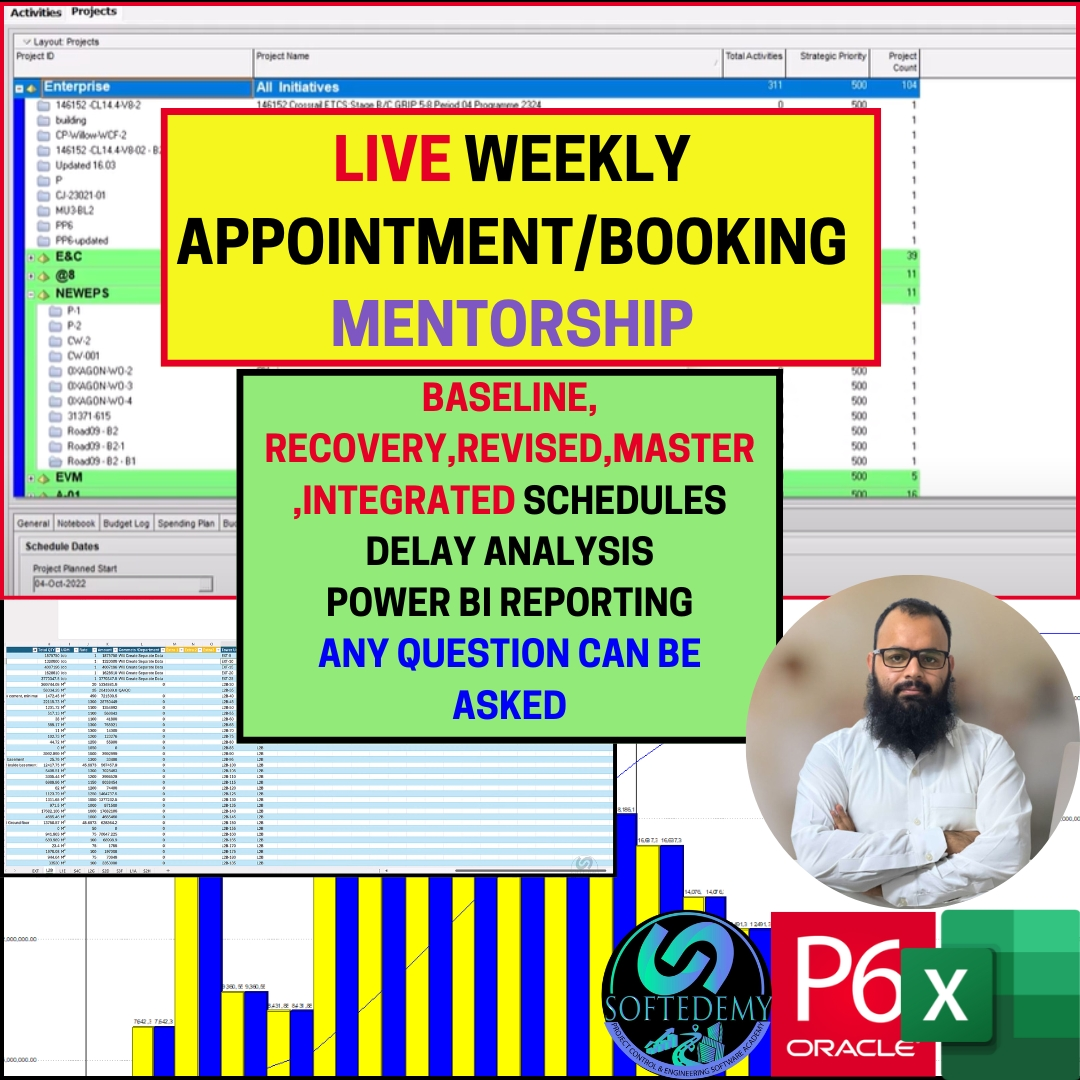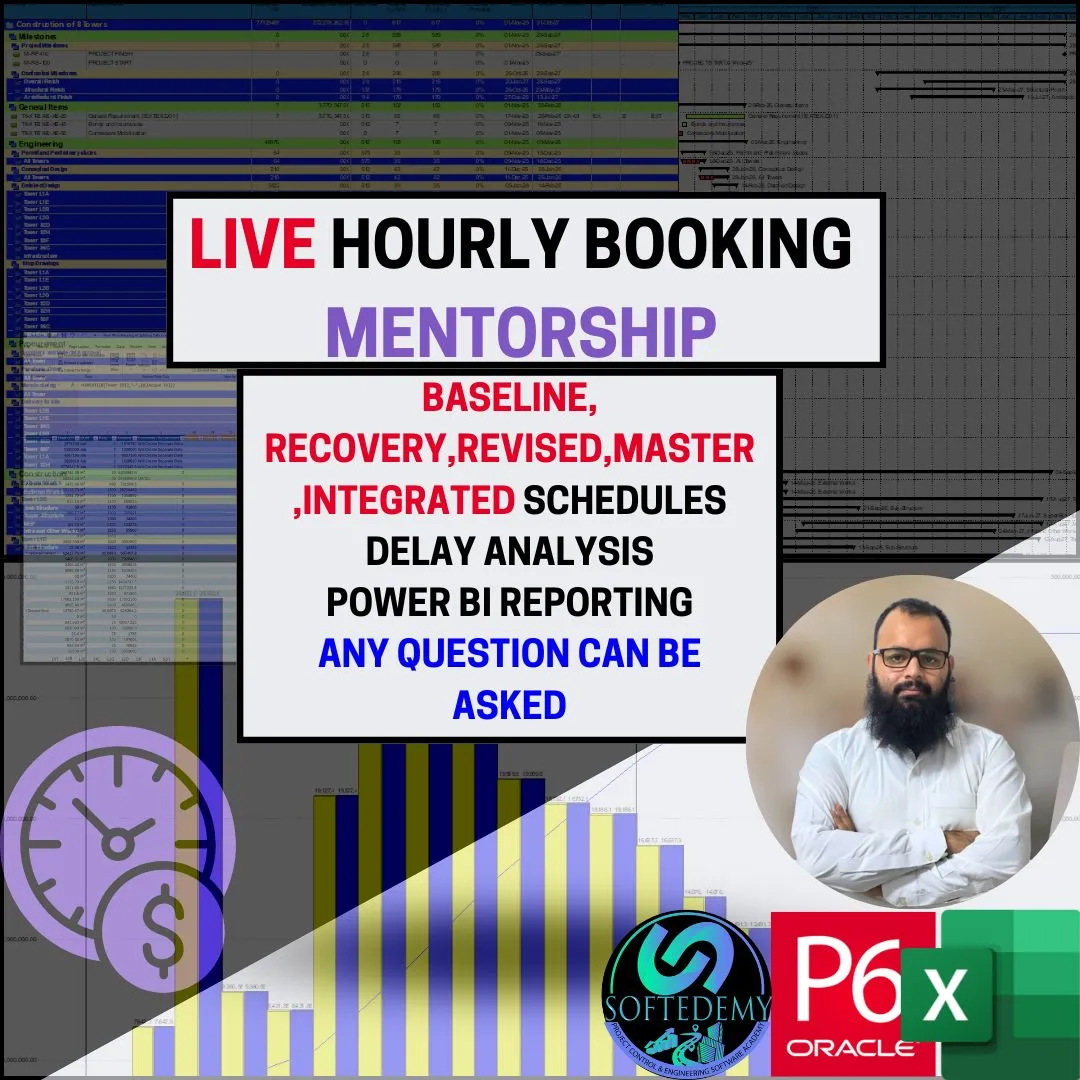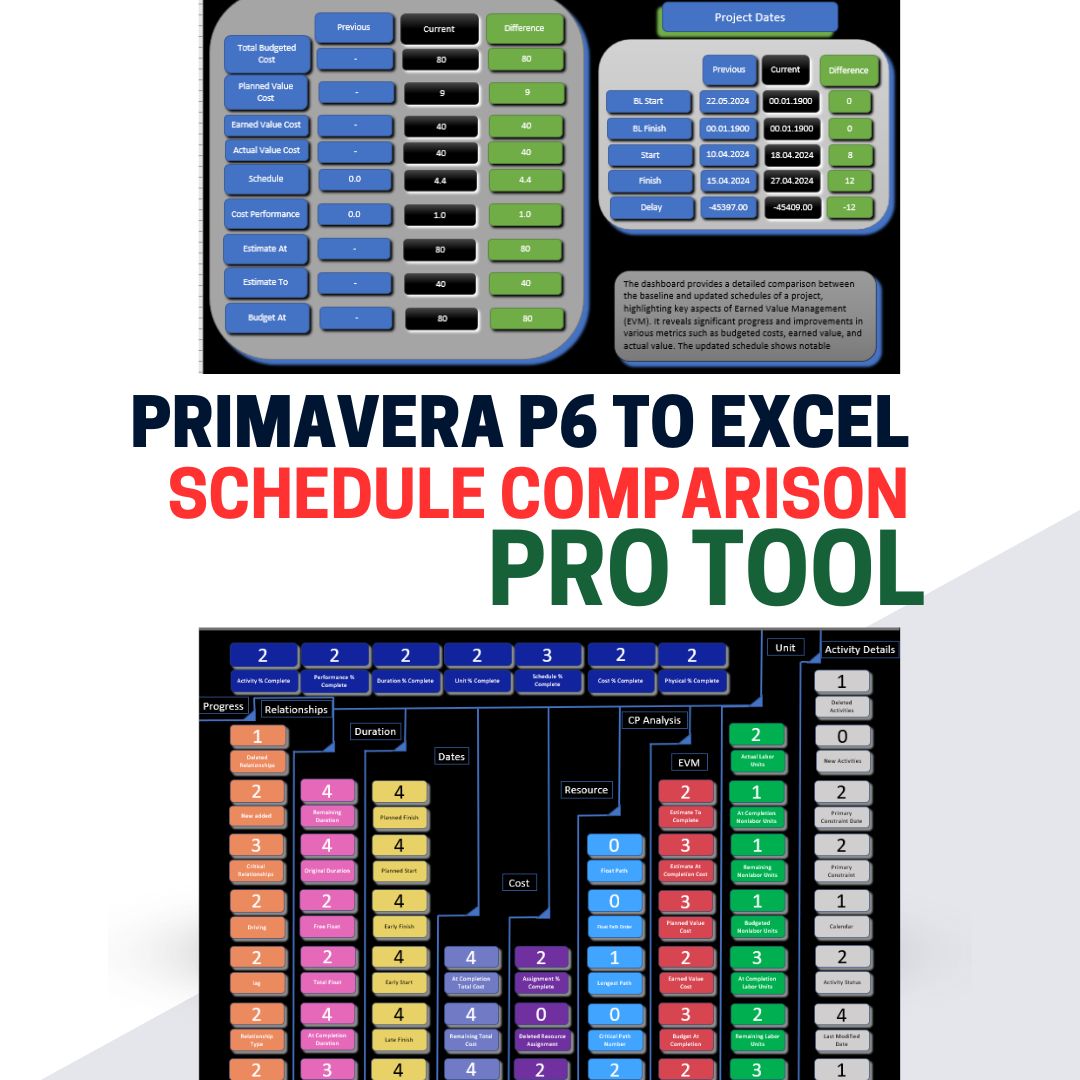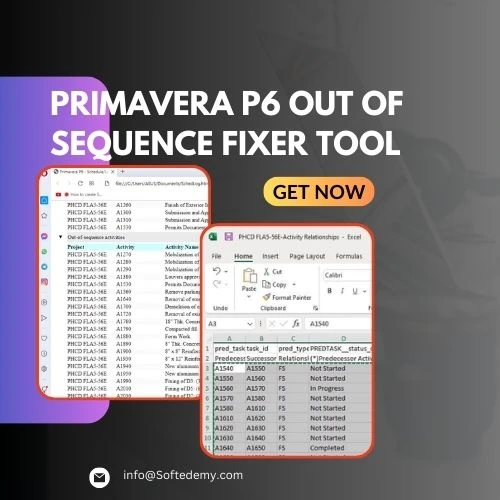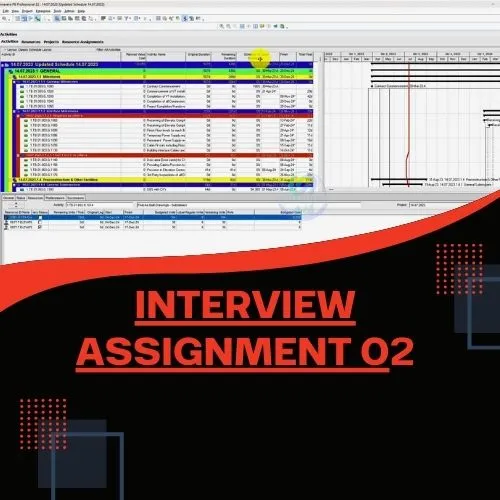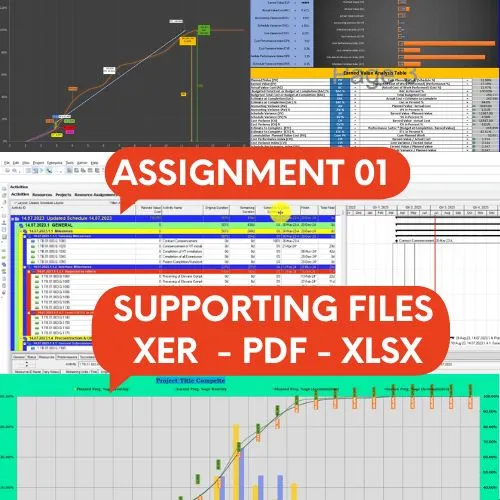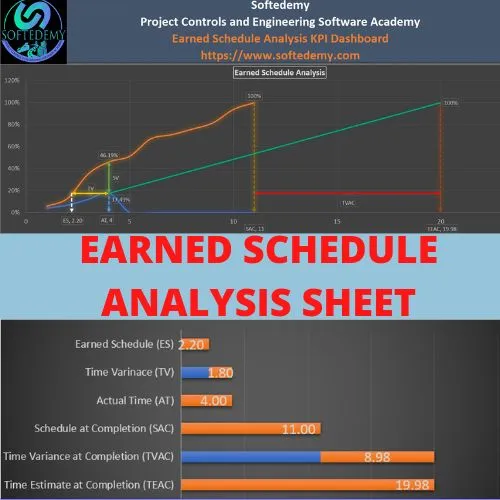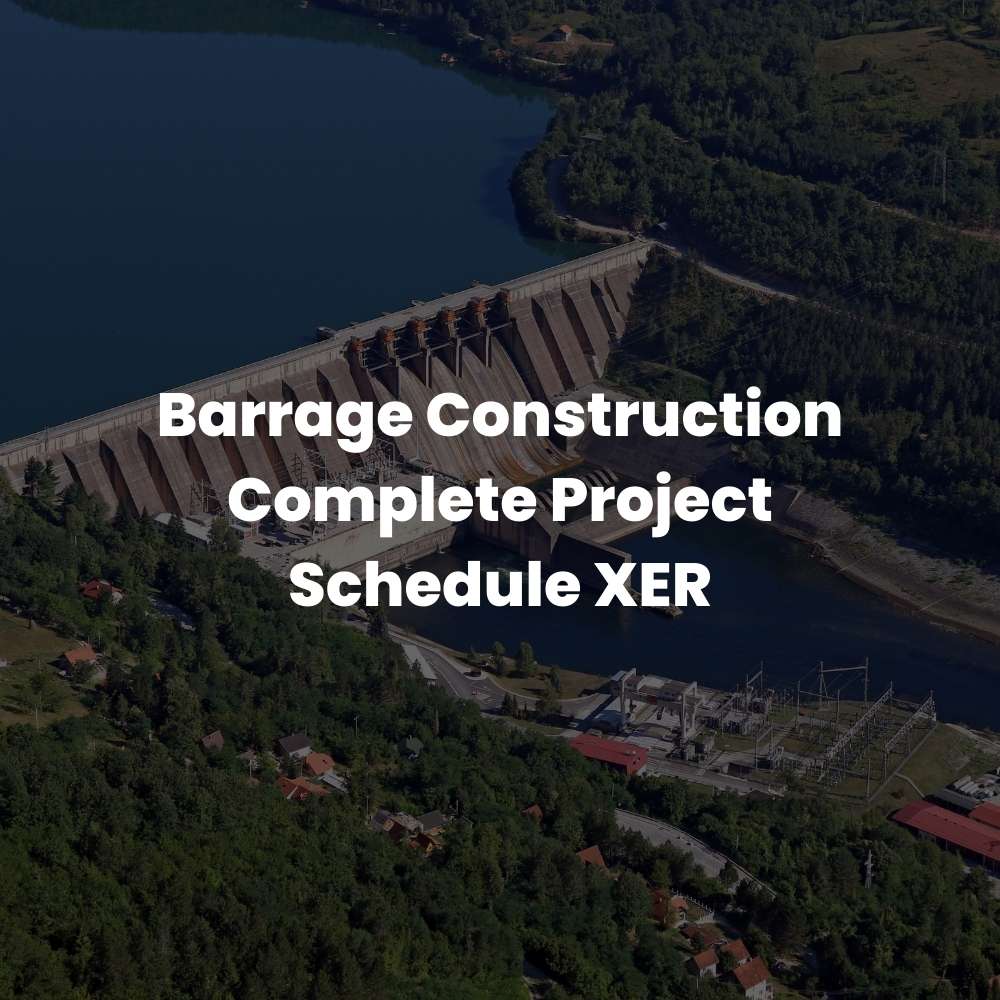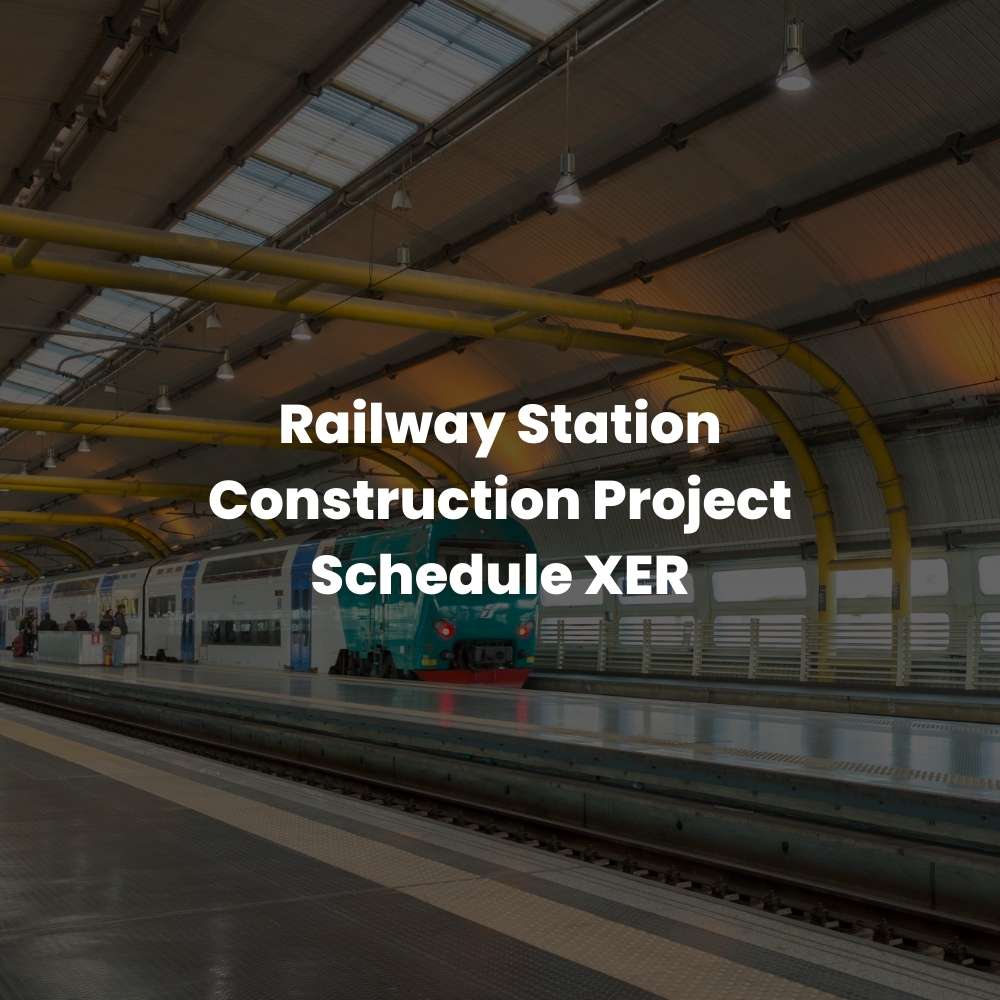Setting accurate Estimating Projects from the outset can be a major benefit to both your client and yourself because it gives you something to work toward and lets the client know how much time and money they’ll need to invest in the project. If your estimation skills aren’t up to par, don’t worry! Just follow these five tips, and you’ll be able to give your clients the accurate estimates they deserve in no time.
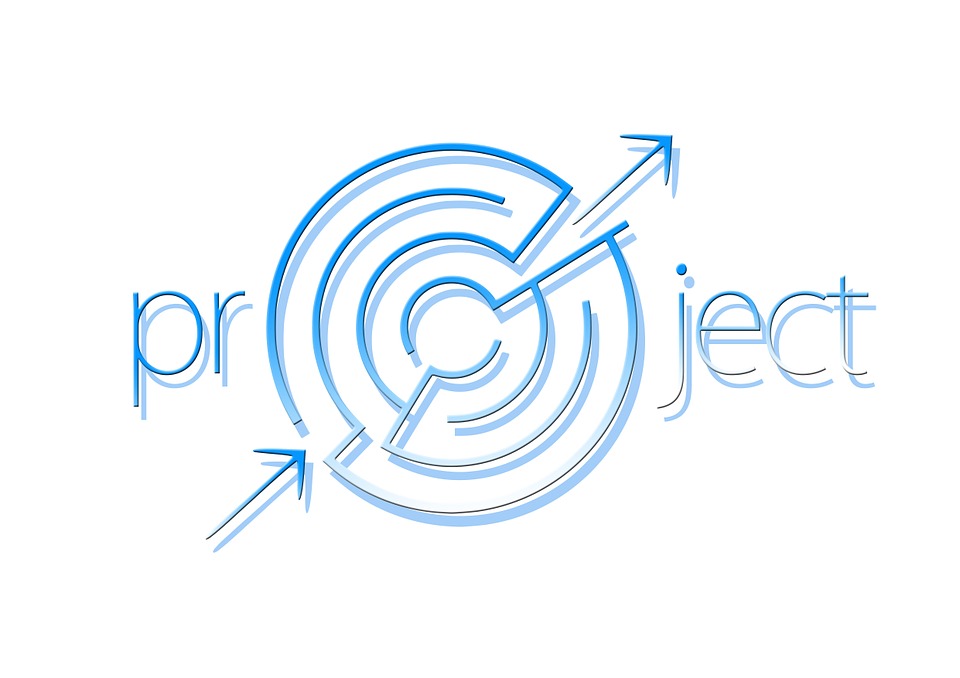
1) Define The Scope
- Understand the project requirements and objectives.
- Get the necessary information to complete a project estimate.
- Estimating Projects the time, cost, and resources it will take to complete the project requirements.
- Determine how accurate you need your estimate to be (e.g., for an internal project, the number of decimal places does not need to be that high)
- Gather data on past projects to have an idea of what you should expect from your estimates.
- Ask for help from colleagues who are experts in your area if you are uncertain about how long or expensive something might be.
2) Make Sure You Get The Details Right
Project estimation is an art, not a science. There are a lot of factors that go into estimating the time and cost to complete a project. How do you know how much work it will take? What about when you’re doing your planning? Here are some tips to help you estimate like a pro:
- Know your capabilities. Are you planning on hiring additional resources? Do you have experience with this type of project or can you draw on experience with similar projects? Do you have any resources available to help plan and estimate more accurately (expertise, software)?
- Seek input from stakeholders. Get feedback from people who will be working on the project. The point of this step is not to come up with a ballpark number, but to make sure that the estimates reflect what’s most important for those involved in completing the task at hand. If you don’t speak up now, there’s no way for others to see what your priorities are when it comes down to crunch time!
- Be creative in your approach. Sometimes estimating can be as simple as looking at previous experience and extrapolating out based on that data; other times an entirely new approach might need to be taken.Estimating Projects
3) Add a time buffer
Planning for the unexpected is key in any project. That’s why it’s so important to make sure that you give yourself plenty of time buffer when estimating your project. It might feel like an unnecessary step, but it can help you avoid problems later down the line when you’re scrambling to meet a deadline.
First, you’ll want to break down your work into a series of smaller tasks. This will allow you to more accurately estimate how long each task should take and how much time you’ll have left over at the end of the project. It will also give you a clearer idea of which tasks are more complicated than others, and allow you to take on some of those larger tasks before they pile up and become too overwhelming. Lastly, if you’ve ever been burned by underestimating a project only to find yourself struggling to finish by the deadline, this tip will be invaluable.
Second, think about ways that your task could go wrong: You can never predict what might happen with certainty. That doesn’t mean we don’t try! When estimating projects it’s important to consider all possible things that could go wrong and add them into the equation.
Third, find out what other people are charging: Researching pricing rates for similar projects online is a good way of coming up with an accurate estimate without doing all of the math from scratch.
4) Manage Procurements Correctly
Managing your procurements correctly is a crucial step in the process to ensure that you will have the materials needed for your project/Estimating Projects. There are a few things that you can do to make sure that you are spending your money wisely and not wasting anything.
- Doing research ahead of time will save you from making mistakes and having to correct them later on.
- Be aware of when deadlines are coming up so you don’t buy supplies too early or too late.
- Make sure to keep an eye out for sales and deals so that you can get what you need without breaking the bank.
- Don’t be afraid to negotiate prices with vendors or try negotiating with suppliers if they offer it.
5) Use your Excel skills
To estimate a project like a pro, you need to know what goes into the budgeting process. First, you need to be able to calculate the cost of materials that will go into the project. Next, make sure you take into account labor costs as well as any additional equipment that might be necessary for completing the task at hand. In addition, you must consider overhead expenses such as insurance and other business-related fees.
Finally, you must factor in living expenses such as food and shelter since your time is just as valuable as the other aspects of your life. Use these tips and tricks when estimating projects, and you’ll be on your way to becoming an expert!
Leave a Reply
You must be logged in to post a comment.

